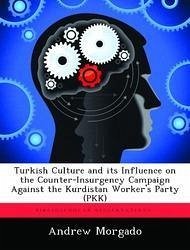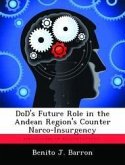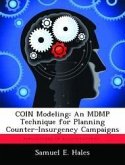Turkish Culture had a profound influence on the conduct of its counter-insurgency campaign against the Kurdistan Worker's Party (PKK). The independent variables shaping Turkey's response to the insurgency were a unique brand of nationalism, Islamic traditions, aspirations towards Westernization, and political legacies from the Ottoman Empire. A perpetual and dynamic tension existed between these elements that produced a complicated, though ironically, one dimensional approach to resolve the insurgency. Based on these conflicting variables, the culturally accepted response to Kurdish nationalism and separatism was a militarily dominated strategy of suppression. This strategy, though achieving clear military victories, did not resolve the underlying problems. The Kurds, for their part, leveraged the inconsistencies found in the inherent Turkish cultural tensions and military response to propagate their struggle. The PKK, with its socialist dominated vice ethnically based ideology, was not the perfect representation of the Kurdish cause, but remained the only viable form of Kurdish expression. The Turkish-Kurdish struggle was a complex problem that required a multi-faceted solution. Violence subsided in 1999, but re-emerged in 2002 and suggested that the Kurdish discontent was not completely suppressed. Multi-disciplined programs, separating democracy from military dominance, an integrated strategy, and use of existing Kurdish social and political structures must be incorporated in a new approach by the Turkish government. American policymakers can derive three lessons: pragmatism must override dogma, conflict resolution requires understanding and leveraging of cultural dynamics and complex problems require multi-disciplined approaches.








